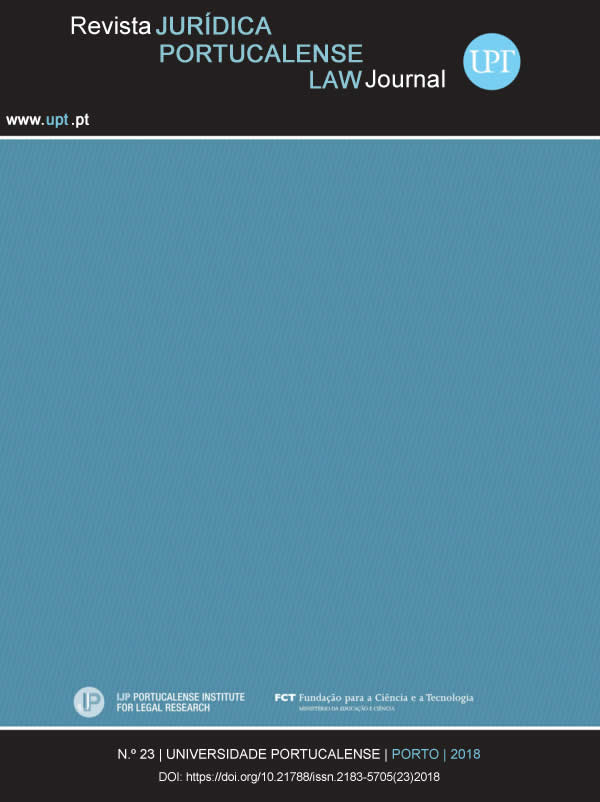Law, University and Mobility (XIII-XIV Centuries)
Abstract
Nenhuma outra instituição europeia se expandiu pelo mundo inteiro nos mesmos moldes em que o fez a universidade europeia na sua forma tradicional. Tem desempenhado um papel social em favor de todas as sociedades europeias, através do desenvolvimento e transmissão do saber científico e académico, bem como recorrendo aos métodos de cultivo desse saber, cujas origens remontam à tradição intelectual europeia comum. Do mesmo modo, esta instituição tem contribuído decisivamente para a formação de uma elite académica, cujo ethos assenta em valores comuns europeus e transcende quaisquer fronteiras nacionais.
Salvo raras exceções, o único Direito que era ensinado nas universidades europeias no período em estudo era o Direito Romano-Canónico. Entendia-se que este Direito supria as necessidades sentidas pelos juristas para procederem à interpretação adequada de qualquer outro ordenamento jurídico peculiar de um determinado reino, igreja local ou qualquer outra comunidade.
O Direito Romano-Canónico, ao constituir-se como o Direito comum por toda a parte, poderá ser considerado o Direito ordinário europeu desta época, que se estenderá até ao século XVII. Mestres, estudantes e livros circulavam livremente em todo o mundo cristão, motivados pela reputação de cada texto, mestre ou faculdade, levando igualmente em consideração a lei da oferta e da procura.
Downloads
Published
How to Cite
Issue
Section
License
Authors who published in the journal agree to the following terms:
- The Authors grant the Journal the right of first publication, and other non-exclusive publishing rights, licensed under the Creative Commons Attribution License which allows the sharing of work with recognition of its initial publication in this journal.
- Authors are able to take on additional contracts separately, non-exclusive distribution of the version of the paper published in this journal (ex .: publish in an institutional repository or as a chapter in a book), with an acknowledgement of its initial publication in this journal.
- Authors are permitted and encouraged to post and distribute their work online (eg .: in institutional repositories or on their website) at any point before or during the submission process, as it can lead to productive exchanges, as well as increase the impact and the citation of published work (See The Effect of Open Access).
RJP does not apply submission, publication or any other fees of any nature. Its articles are open access, with the goal of disseminating scientific knowledge and the debate of legal topics in the area of Legal Sciences.






